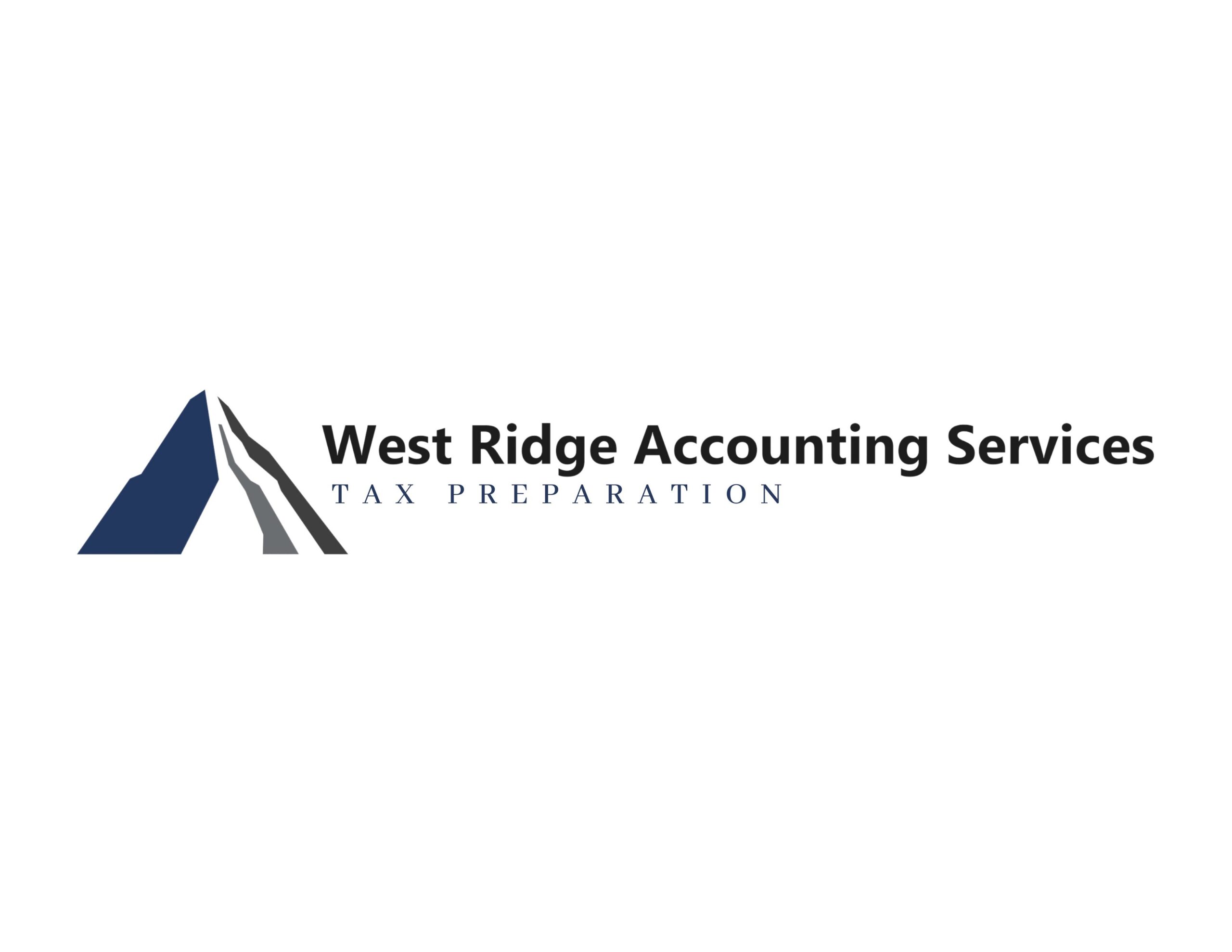Introduction
When starting a business in the United States, one of the most important decisions you’ll make is selecting the right business entity. Your choice of entity has far-reaching implications, affecting everything from taxes and liability to management structure and growth potential. In this comprehensive guide, we’ll explore the key differences between various business entities in the US, helping you make an informed decision that aligns with your goals and vision.

- Sole Proprietorship
A sole proprietorship is the simplest form of business entity, where an individual operates and owns the business. It offers complete control and minimal regulatory requirements. However, the owner is personally liable for all business debts and liabilities. From a tax perspective, the business’s income and expenses are reported on the owner’s personal tax return.
- Partnership
Partnerships involve two or more individuals or entities sharing business responsibilities and profits. There are two primary types of partnerships: general partnerships, where partners share equal management and liability, and limited partnerships, which involve general partners with unlimited liability and limited partners with limited liability. Partnerships have flexibility in profit sharing and management roles, but personal liability remains a concern for general partners.
- Limited Liability Company (LLC)
An LLC is a popular choice for many businesses due to its flexibility and liability protection. It combines characteristics of both corporations and partnerships. Owners, known as members, enjoy limited personal liability for business debts. LLCs can choose to be taxed as a sole proprietorship, partnership, or corporation, providing tax flexibility.
- Corporation
Corporations are separate legal entities, distinct from their owners. This means shareholders enjoy limited liability for the company’s debts. Corporations have a formal management structure, including a board of directors and officers. They can issue stock and attract investors, making them suitable for larger-scale operations. From a tax perspective, corporations are subject to double taxation, as corporate profits are taxed at the corporate level and again when dividends are distributed to shareholders.
- S Corporation
An S Corporation is a special type of corporation that allows for pass-through taxation, similar to an LLC or partnership. This means that the company’s profits and losses are passed through to shareholders and reported on their personal tax returns. S Corporations are subject to certain eligibility criteria, such as a limit on the number of shareholders and restrictions on ownership types.
Choosing the Right Entity
Selecting the appropriate business entity requires careful consideration of your business’s goals, size, industry, and risk tolerance. Factors to weigh include liability protection, tax implications, ease of management, and potential for growth and investment. Consulting with a tax advisor or legal professional can help you navigate these considerations and choose the entity that best suits your needs.
Conclusion
The choice of business entity is a foundational decision that sets the stage for your business’s success. Understanding the differences between sole proprietorships, partnerships, LLCs, and corporations empowers you to make an informed choice that aligns with your vision and aspirations. Whether you prioritize liability protection, tax flexibility, or scalability, there’s an entity type that fits your unique circumstances. By working with experienced advisors, you can ensure your business is on the right path to achieve its full potential.
Check out our other blogs here! Looking for more information from the IRS? Here is the IRS FAQ!




